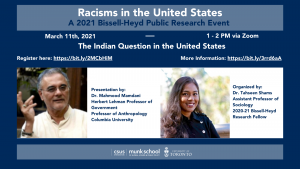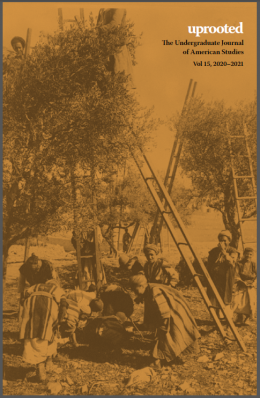Perhaps in more pertinent ways than any other time in recent memory, the power of globalization and how it intersects with race is at full display. The COVID-19 pandemic has shown that what happens in a faraway land does not stop at its borders but can produce domino effects, forceful enough to lock down almost the entire world. Immigrants, long been singled-out as disease carriers, have once again been blamed for the world’s pandemics. The coronavirus originating in China, this time xenophobia has turned its gaze on immigrants of Asian descent. At the same time, the world is witnessing massive protests against anti-Black racism in the U.S. echo across countries as far-flung as Canada, France, Great Britain, India and Ethiopia, showing that such domino effects are not just produced as a result of once-in- a-lifetime epidemiological crises but also because of sociopolitical dynamics that have long percolated in our societies. These events highlight how the age-old colour line that still divides an “us” from a “them” are challenging America’s identity as a nation.
This webinar series hosted a panel of distinguished scholars to situate the ongoing conversations on race, migration, and nationalism in today’s global context to discuss how racisms—such as, Islamophobia, anti-Semitism, anti-immigrant sentiments, anti-Blackness, and settler colonialisms—all work together to produce systemic racial disparities in the United States and abroad.
recordings of the talks can be accessed below.

View the recording from here.
View the recording from here.
View the recording from here.




